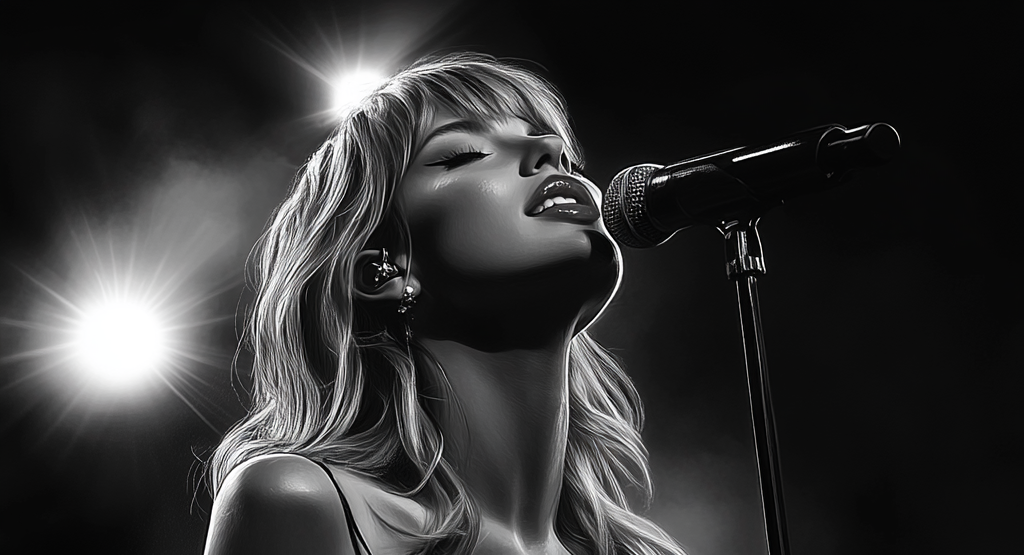This week, Taylor Swift scored a major personal win when she gained full control over her original six albums. But what exactly does that mean? And how is it that an artist of Swift's caliber didn't own the rights to her own music to begin with?
When it comes to recorded musical works, there are two sets of rights: (1) ownership of the underlying song and the right to perform it, and (2) ownership of a particular recording of that song.
With respect to Taylor Swift's first six albums, she always owned the first set of rights. But she didn't own the master recordings, which fall under the second set of rights. Those were owned by Big Machine Records, a record label that signed Swift in 2005 when she was just starting out.
Under the 13-year deal, the label paid her an advance and provided the resources for her to record her albums and videos. In exchange, it retained the rights to the recordings. These are fairly standard terms in the music industry. The rights to master recordings are lucrative because they allow the owner to claim most of the royalties from subsequent album sales and playbacks on streaming services.
In 2018, as the deal was nearing the end of its term, Swift's representatives approached Big Machine about acquiring the original six albums' master recordings. The talks fell apart because Big Machine insisted that it would only give her the master recordings if she agreed to a new 10-year deal. Swift did not want to re-sign with Big Machine.
Ultimately, Big Machine was acquired by Scooter Braun, a music executive with whom Swift had an acrimonious history. A bitter public feud between Swift and Braun ensued, complicating her later efforts to acquire the masters. Though Braun claimed he was willing to consider a sale of the masters to Swift, he reportedly insisted upon an unreasonable purchase price or conditions that were unacceptable to Swift.
Her catalog was later acquired by Shamrock Holdings, a private equity firm. Swift could do nothing to block either sale, even though her catalog accounted for the lion's share of Big Machine's value. Swift's initial efforts to acquire the recordings from Shamrock were also unsuccessful.
Because Swift always owned the first set of rights in the original six albums, her solution to this problem was to create new recordings of the songs. And because she now had the resources to fund her own music production, only she would own the new recordings, and neither Shamrock nor Big Machine could do anything to stop her.
She made sure the new recordings sounded as similar to the originals as possible. When they were released, she used her marketing savvy, her considerable influence, and her devoted fanbase to promote the new recordings over the originals. She branded the new recordings "Taylor's Versions," subtly implying that they carried greater authenticity than the originals.
Each of the re-recorded albums was a massive commercial success. This diminished the market for the original recordings and sent their value into decline. That shifted leverage back in Swift's favor and forced Shamrock's hand, allowing her to acquire the masters at a reasonable price without having to agree to burdensome conditions.


